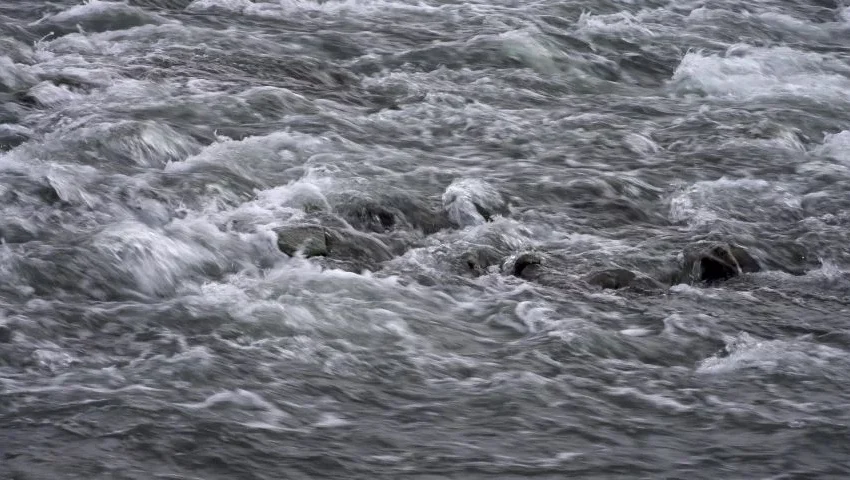
Senge (1990, p. 63) offers a second perspective regarding rogue events. He notes that small changes can produce big results: “small, well-focused actions can sometimes produce significant, enduring improvements, if they’re in the right place.” Gladwell (2000, pg. 7, 9) has focused on this dynamic in his description of tipping points. Specifically, he draws a parallel between tipping points and epidemics:
“The Tipping Point is the biography of an idea and the idea is very simple. It is that the best way to understand the emergence of [unanticipated and profound changes] is to think of them as epidemics. Ideas and products and messages and behaviors spread just like viruses do. . . . [T]hree characteristics—one, contagiousness, two, the fact that little causes can have big effects, and three, that change happens not gradually but at one dramatic moment—are the same three principles that define how measles moves through a grade-school classroom or the flu attacks every winter.”
This tipping-point principle—which systems thinkers call leveraging—parallels the chaos theory concept of self-organizing criticality. It is insightfully illustrated by Buckminster Fuller in his description of the way in which trim tabs on the rudder of a ship are used for navigational purposes: (Senge, 1990, pp. 64-65)
“A trim tab is a small ‘rudder on the rudder’ . . . It is only a fraction the size of the rudder. Its function is to make it easier to turn the rudder, which, then, makes it easier to turn the ship. The larger the ship, the more important is the trim tab because a large volume of water flowing around the rudder can make it difficult to turn. . . . [S]hips turn because their rear end is “sucked around.” The rudder, by being turned into the oncoming water, compresses the water flow and creates a pressure differential. The pressure differential pulls the stern in the opposite direction as the rudder is turned. . . . The trim tab . . . does the same for the rudder. When it is turned to one side or the other, it compresses the water flowing around the rudder and creates a small pressure differential that “sucks the rudder” in the desired direction. . . . The entire system—the ship, the rudder, and the trim tab—is marvelously engineered through the principle of leverage. . . . So, too, are the high-leverage changes in human systems . . .”
Trim tabs provide a small change that impacts much larger changes. Similarly, rogue events are often small forces that impact on larger forces, which in turn bring about massive change in an organization. Much as a massive avalanche is precipitated by some small event (such as the shifting of a stone at the top of the snow-covered hill) so we may find that movement of substantial resources in an organization is triggered some small event (such as a single industrial accident or a compliment offered regarding a specific service rendered to a high-profile customer).
Essential-oriented leadership may be effective when it operates like a trim tab. A leader may not be able to turn the ship or organization themself, for the organization is simply too big, too complex or too unwieldy for any one person to make a major impact. Rather, the effective leader looks for enablement. They will pick a specific rogue event that has already occurred or will help to create a small, roguish event that will, in turn, impact other moderately large events, which in turn may bring about significant organization-wide changes.
Download Article














